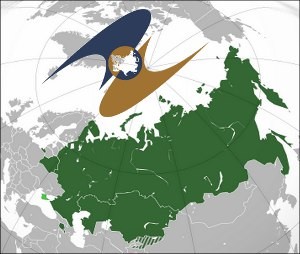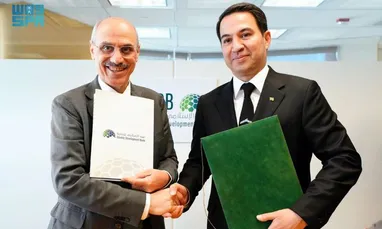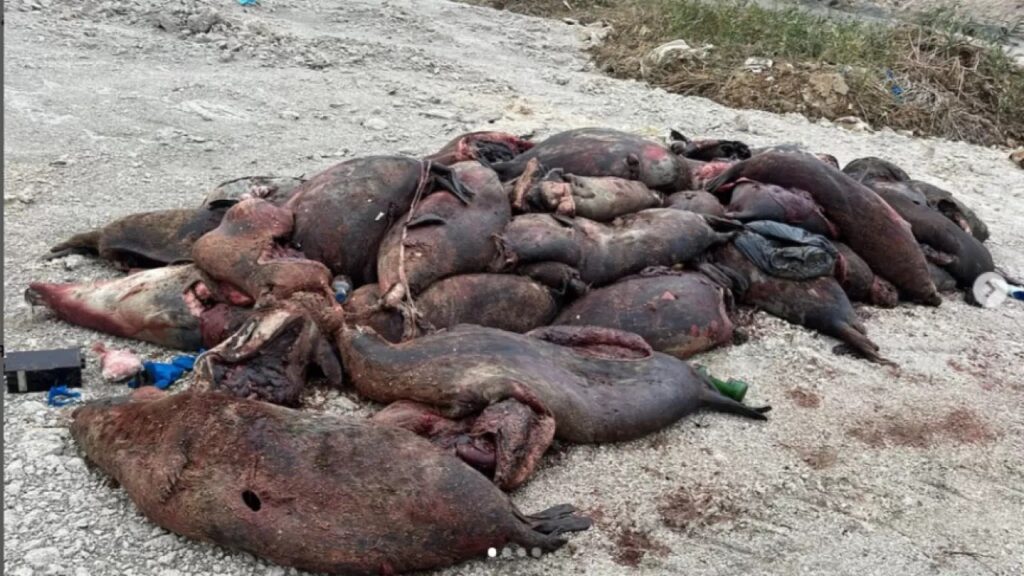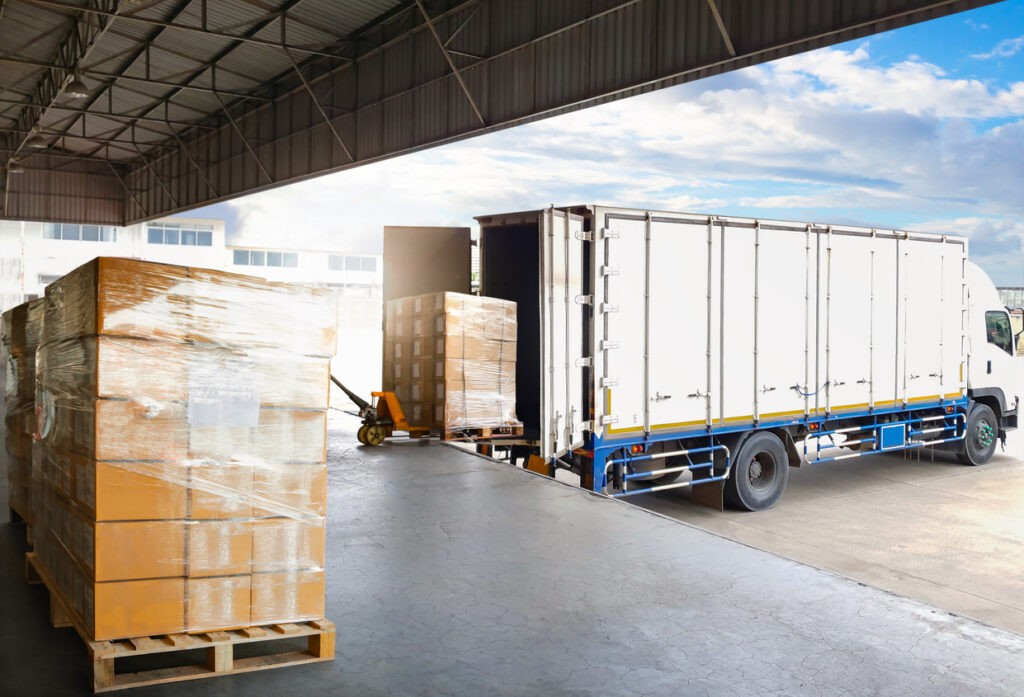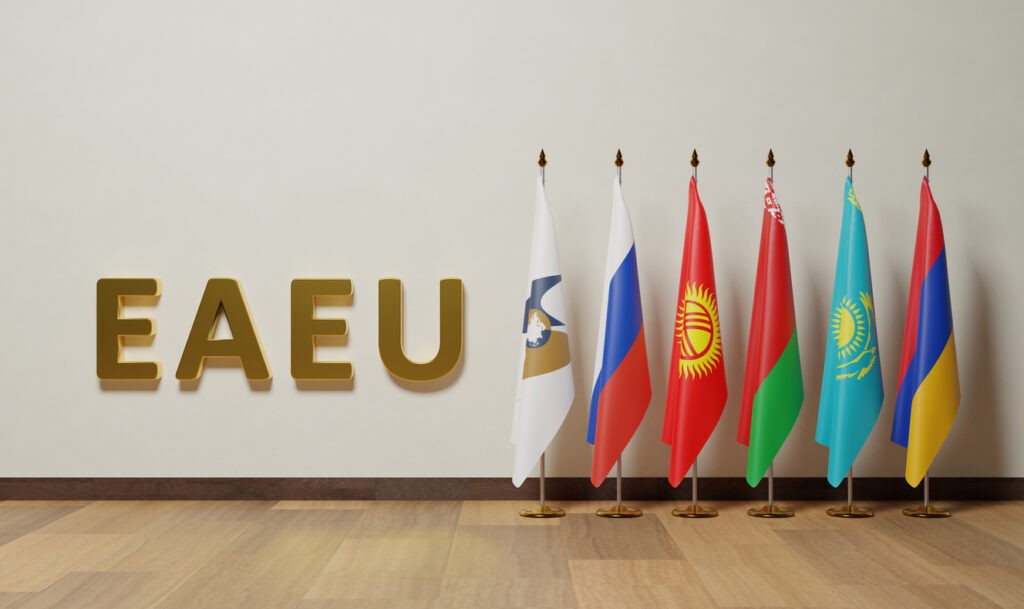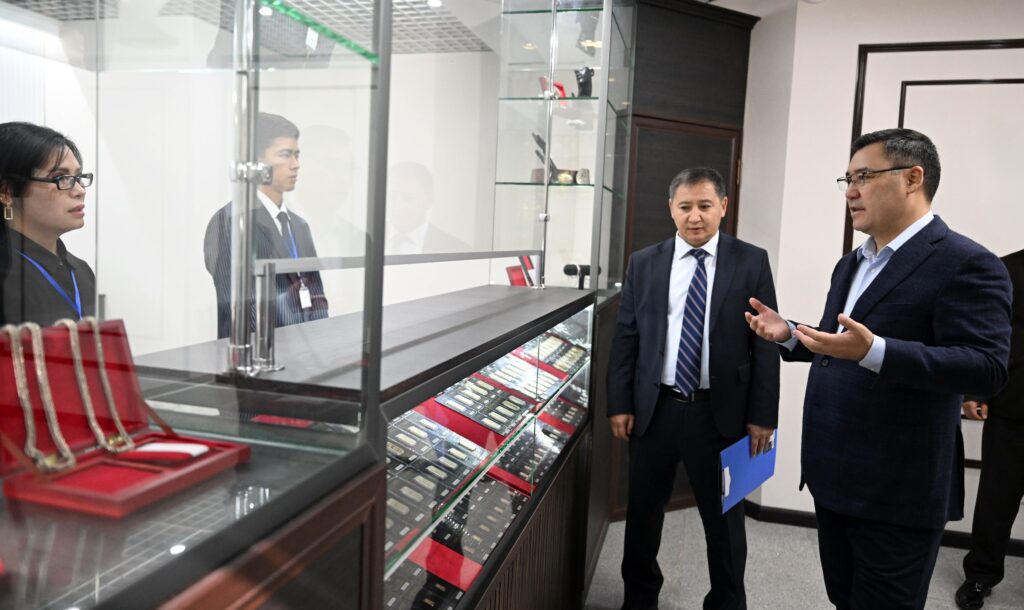BISHKEK (TCA) — Despite the risks that remain due to low raw material prices and the condition of the global economy, the development of Eurasian Development Bank (EDB) countries (Armenia, Belarus, Kazakhstan, Kyrgyzstan, Russia, and Tajikistan) in the first six months of 2016 suggests they do adapt gradually to the shocks of several recent years. Negative trends in EDB economies that aggravated in 2015 because of falling raw material prices weakened to some extent, and the region’s economies began to improve their macroeconomic indicators in the first six months of 2016, including leading indicators, the rates of exchange, inflation expectations, and stabilization in the financial markets, EDB said with reference to the findings made in The Macroeconomic Review prepared by the Chief Economist Group at EDB.
Despite the recovered money remittances from Russia to Kyrgyzstan in Q1 2016, money remittances from Russia to Armenia and Tajikistan continued to go down. This is compensated to a certain extent by a significant growth in Tajikistan, Armenia and Kyrgyzstan’s exports to Russia and other EEU countries.
One of the possible surprises in 2016 can be a major slowdown in the region’s inflation. EDB experts forecast inflation to go down from 12.8% to 6.3% in the Bank’s member states. Because of reduced inflation pressure, central banks in EEU member states maintained or decreased their key interest rates. EDB expects that, with weak economic activity, stabilized prices and exchange rates in Q2 can help to ease monetary conditions further. Lower rates can also stimulate growth in lending, which will help to recover both investments and household consumption.
In the medium term, EDB forecasts the member states’ GDP to increase from -3.1% in 2015 to -0.9% in 2016, and to attain a positive growth of 0.8% in 2017. Therefore, despite the shocks in early January 2016, the first six months allow cautious optimism as to the further recovery of economic growth and trade in the EEU.
Eurasian Development Bank is an international financial institution founded by Russia and Kazakhstan in January 2006 with the mission to facilitate the development of market economies, sustainable economic growth, and the expansion of mutual trade and other economic ties in its member states. EDB’s charter capital totals US $7 billion.
